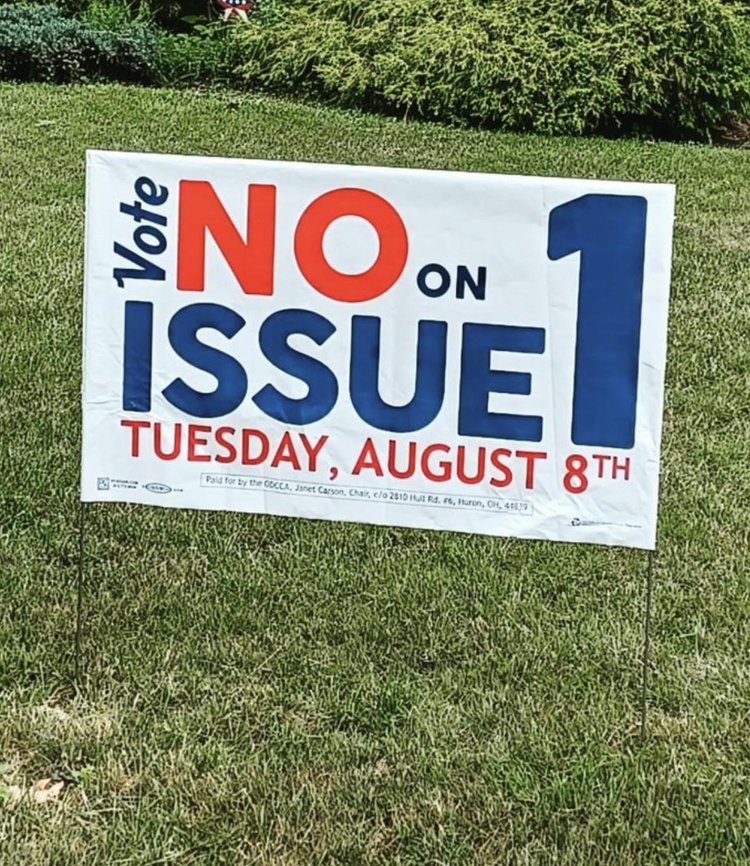Issue 1 would require a 60% majority from voters to approve an amendment to the Ohio Constitution instead of a simple majority of 50.1%, the same simple majority it takes for an official to be voted into office. The politicians are changing the rules to keep control over the people of Ohio.
We say NO to that! We say Power to the people, not only the politicians!
GCC’s commitment to democracy is long-term, and Issue 1 is a direct threat to our democracy. We say NO! We will not give up our power and we will turn out to vote NO!
Special elections have one of the lowest turnout rates of any election. Using our successful Neighborhood Captain model, GCC will push turnout in targeted low-propensity neighborhoods and, of course, push our leaders and supporters to vote as well!
We recommend vote-by-mail to ensure you get your vote in during your busy summer. We also recommend vote-by-mail because of recent changes to Voter ID requirements that many Ohioans are not aware of and may not be able to secure an ID prior to the August 8th special election.
A Union of Concerned Scientist Report Shows GCC’s Neighborhood Captain Program Is Improving Voter Turnout: The report shows that GCC’s relational organizing, combined with data-driven outreach, can substantially increase voter turnout in marginalized or underserved communities. The report, Building Relationships, Building Power, includes these notable findings:
Organizing yielded positive results. On average, contact success — defined as getting the persons contacted to commit to voting — for each active neighborhood captain across elections was approximately 50 voter households.
Turnout inequalities were reduced. In the November 2022 election, overall turnout in Cleveland’s 5th Ward was just 15 percent — half that of the city as a whole. But among those who committed to voting through the neighborhood captains’ efforts, turnout was 42 percent.
Youth turnout increased. The youngest voting cohort in the Cuyahoga County voter file — born after 1992 — voted at an overall rate of about 17 percent, but younger voters who committed to voting through relational organizing were nearly twice as likely to vote, close to the average turnout rate for Cleveland in 2022.
Here is a longer analysis of the impact of how GCC’s Neighborhood Captain Model of improving voter turnout and building power in marginalized communities: https://www.ucsusa.org/resources/building-relationships-building-power#read-online-content.


